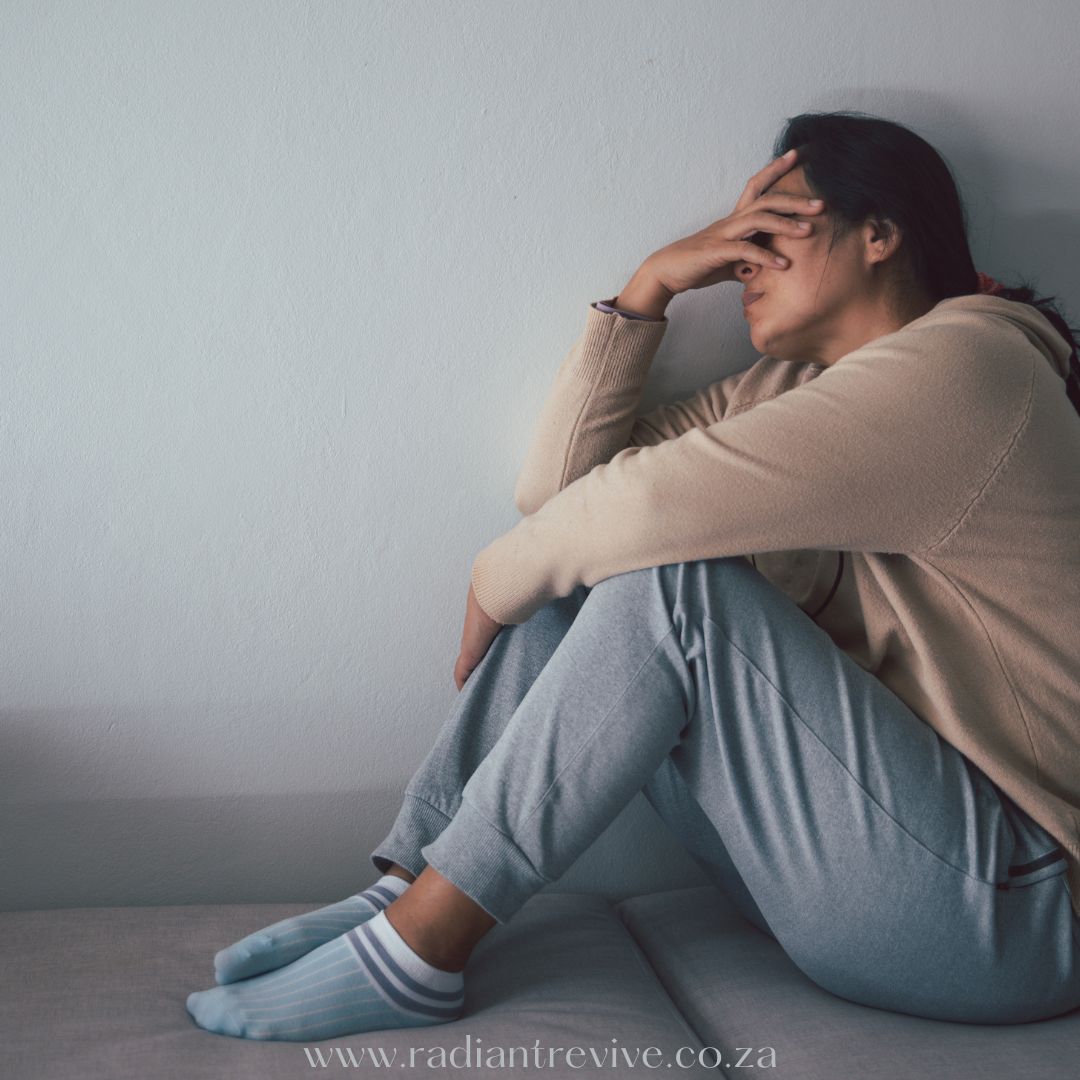When we think about trauma and stress, we often envision fight-or-flight reactions—heart racing, muscles tensed, and an urge to escape or confront danger. However, there's another response that is less frequently discussed but equally significant.
After suffering extreme trauma, I found myself in a disorienting state that I never anticipated. The world around me felt heavy, and my body seemed to react in ways I couldn’t comprehend. Coldness and numbness would creep in, making me feel detached from myself. I often experienced physical stiffness, like my limbs were weighed down by an invisible force. My heart rate slowed to an unsettling crawl, and I noticed that I was holding my breath more often than not. Accompanying all this was a pervasive sense of dread that shadowed my every thought.
It took me some time to understand what was happening. This complex reaction, known as the freeze response, is a natural survival mechanism. When faced with trauma or prolonged stress, our bodies can enter this protective state, where it feels safer to withdraw and freeze rather than confront the overwhelming emotions or situations at hand.
This response can have profound implications for our mental and physical health, especially when it follows severe trauma, often arising from a dysregulated stress response system.
What is the Freeze Response?
The freeze response is a survival mechanism that occurs when an individual perceives a threat that feels insurmountable. Unlike the fight or flight responses, which involve active engagement with the threat, freezing involves a shutdown of action and an overwhelming feeling of paralysis or immobilization. This response can manifest in various ways, including:
Physical Symptoms
- A sense of heaviness in the body.
- Difficulty moving or feeling "frozen" in place.
- Hard time getting out of bed.
- Muscle tension throughout the body.
- Holding your breath frequently.
Emotional Symptoms
- Numbness, dissociation, or feeling detached from one's surroundings.
- No longer enjoying the things you used to.
- Not wanting to go out or engage in social activities.
The Physiology Behind the Freeze Response
From a physiological standpoint, the freeze response is rooted in our brain's response to perceived danger. When we experience a traumatic event, our brain activates the amygdala, which triggers the release of stress hormones like cortisol and adrenaline. In some cases, when the threat feels too overwhelming or inescapable, the brain may switch to a freeze response. This occurs due to a dysregulated stress response system, which leads to an activation of the parasympathetic nervous system. This can result in a decrease in heart rate and blood pressure, causing a state of immobilization.
Why Does the Freeze Response Matter?
Understanding the freeze response is essential for several reasons:
Impact on Mental Health: Prolonged freeze responses can lead to various mental health issues, including anxiety, depression, and PTSD. Individuals may struggle to process their trauma, resulting in feelings of helplessness and isolation.
Physical Health Consequences: Chronic activation of the freeze response can lead to physical health problems such as chronic pain, gastrointestinal issues, and weakened immune function. The body's prolonged state of stress can take a toll on overall well-being.
Healing from the Freeze Response
For me, recognizing the freeze response was the first step toward healing. It was a crucial realization that I wasn’t alone in this experience; many others share similar feelings but often feel isolated in their struggles. Acknowledging that these sensations were a normal reaction to trauma helped me to stop blaming myself for feeling “stuck.”
One of the most transformative aspects of my journey has been incorporating holistic practices into my healing routine. Techniques like energy work have allowed me to release stored emotions and tension in my body, creating pathways for healing. Through these practices, I’ve gradually learned to reclaim my body as a safe space, rather than a source of anxiety or fear.
I’ve come to realize that healing from the freeze response is not linear. There are still moments when I feel the weight of that coldness or the grip of dread. However, I now have tools and support systems in place that allow me to navigate those feelings with greater awareness. I remind myself that it’s okay to take things one step at a time and that progress can look different for everyone.
If you’ve found yourself experiencing similar sensations or feelings, know that you are not alone. Your journey is valid, and seeking support is a brave step toward healing.
I’d love to hear your experiences and insights—how have you managed these feelings? Let’s create a space of understanding and support for one another.
